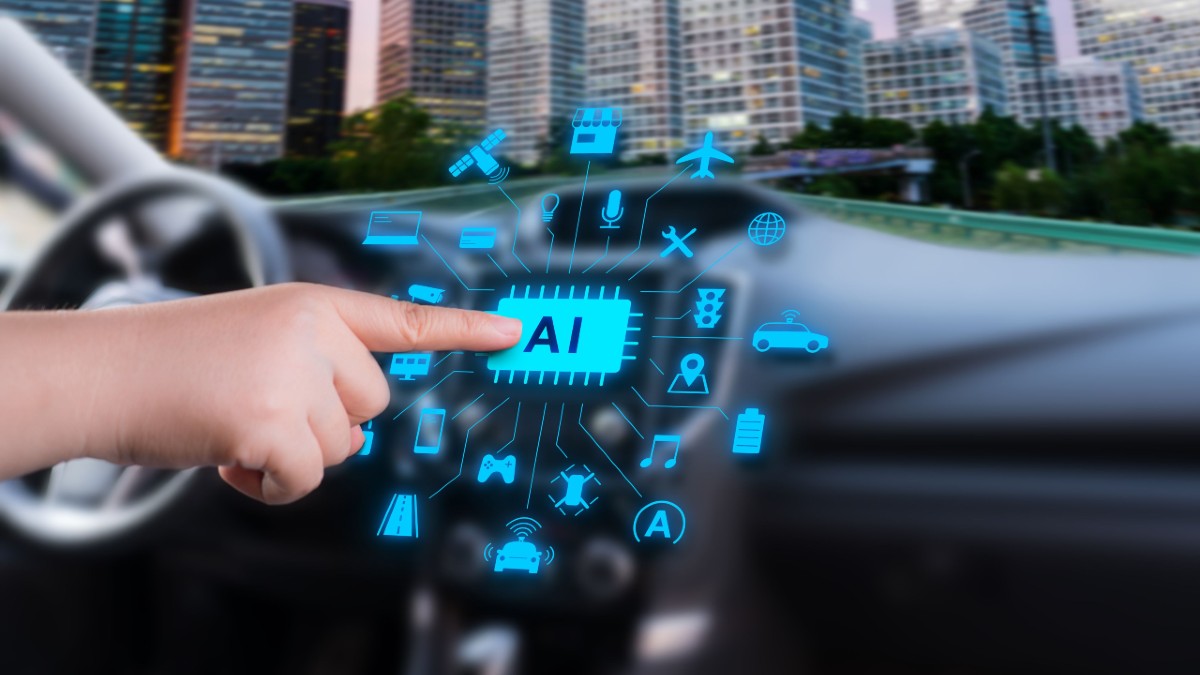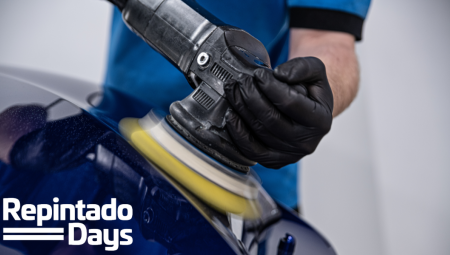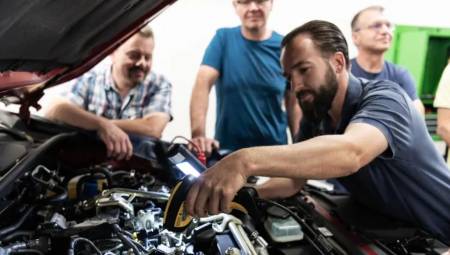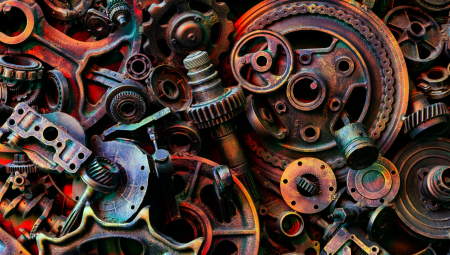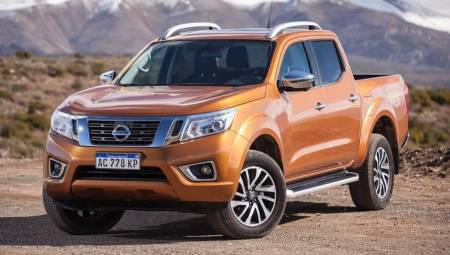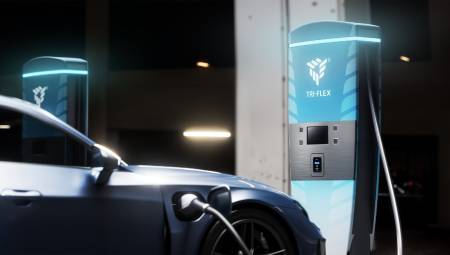Vehicles with artificial intelligence (AI) may cost more in routine repairs and services than their counterparts, but they bring many benefits to the automotive industry.
By Katherine Robinson*
Every year, AI-powered vehicles get better and safer overall. We'll cover some of the benefits at an industrial level and some improvements in road safety.
How AI is impacting the automotive industry
Passenger and driver experience
Whether you're a passenger or driver of an AI-enabled vehicle, the experience can be more enjoyable and less stressful overall. The AI studies the driver's habits and automatically makes personalized adjustments in response. Drivers have minimal distractions while driving, which improves travel time.
Manufacturing Improvements
Incorporating AI into the process allows automakers to set up smarter factories, which can reduce costs and increase efficiency. AI can help in the assembly of vehicles and even in their design. Robots can operate in the plant using sensors throughout the production process.
Automated parking
Parking can be challenging for many, especially when it comes to parallel parking. AI-powered cars have sensors around the vehicle that can tell drivers the distance between them and other cars. Some can even park themselves without driver intervention.
Supply chain regulation
In recent years, the industry has faced disruptions and issues within the supply chain. Artificial technology allows manufacturers to know when supplies are low and can even forecast volume needs when shortages are likely to occur. From there, manufacturers can easily replenish the supply chain while better understanding the obstacles they might face.
Facilitating vehicle inspections, rental company challenges, and repair shop services
Rental agencies, auto shops, and car rental companies must perform a manual inspection of each vehicle to determine its condition. With AI-enabled technology, these procedures can be digital and allow employees to quickly access condition reports. This reduces the chance of misunderstandings when returning vehicles.
In addition, damage detection sensors make it easier for rental agencies to handle issues without subjective guesswork, allowing them to offer better rates. Installing analytical functions can save time when analyzing any damage. Auto repair shops benefit from the ability to analyze and examine the car's internal parts more closely than ever before, allowing them to offer repair quotes and estimated timelines to fix it more easily.
AI Technology: Is It Safe on the Road?
Safety is critical when traveling in a vehicle, both for the occupants of the car and for pedestrians and other drivers on the road. Like most things in their development stages, AI-powered cars have had some known problems. However, innovations and improvements over the years have more people considering the possibility that AI-enhanced cars can drive better than humans.
AV Detection
A major safety advantage of an AI vehicle is that the robotic technology is not human. Instead, it is programmed to follow all the rules of the road. You won't speed or get distracted the way human drivers do. Autonomous vehicles can often detect what we can't and react faster to avoid accidents.
Enhanced security with LIDAR technology
LIDAR is a light detection and ranging sensor that offers a safety advantage. It uses millions of lasers to create a real-time 3D image of the vehicle's surroundings. These radar sensors also measure the speed and direction of other moving objects, while their cameras can read signs and signs on the road. This allows the date to be crossed to help plan the best routes.
AI provides assistance in dangerous situations
AI can help prevent traffic accidents by determining driving conditions and regulating driver behavior on the journey. The AI can automatically slow down the vehicle in bad weather and take control of the steering wheel if it detects an impending accident. AI-powered support systems can make decisions in critical situations when humans might not be thinking clearly.
They can call emergency services in accidents, which can be lifesaving if the driver is unconscious. They can also help emergency responders make informed decisions in these high-pressure situations. AI systems have the ability to analyze data on stage to provide first responders with recommendations for the appropriate course of action.
Are you ready for AI technology?
As you can see, autonomous vehicles have several benefits on an industrial level and can be an integral part of the driving experience. As AI changes the automotive industry, make sure you stay informed about the latest innovations and be ready to adopt them when they become commonplace.
*Katherine Robinson, writer for Onsemi


